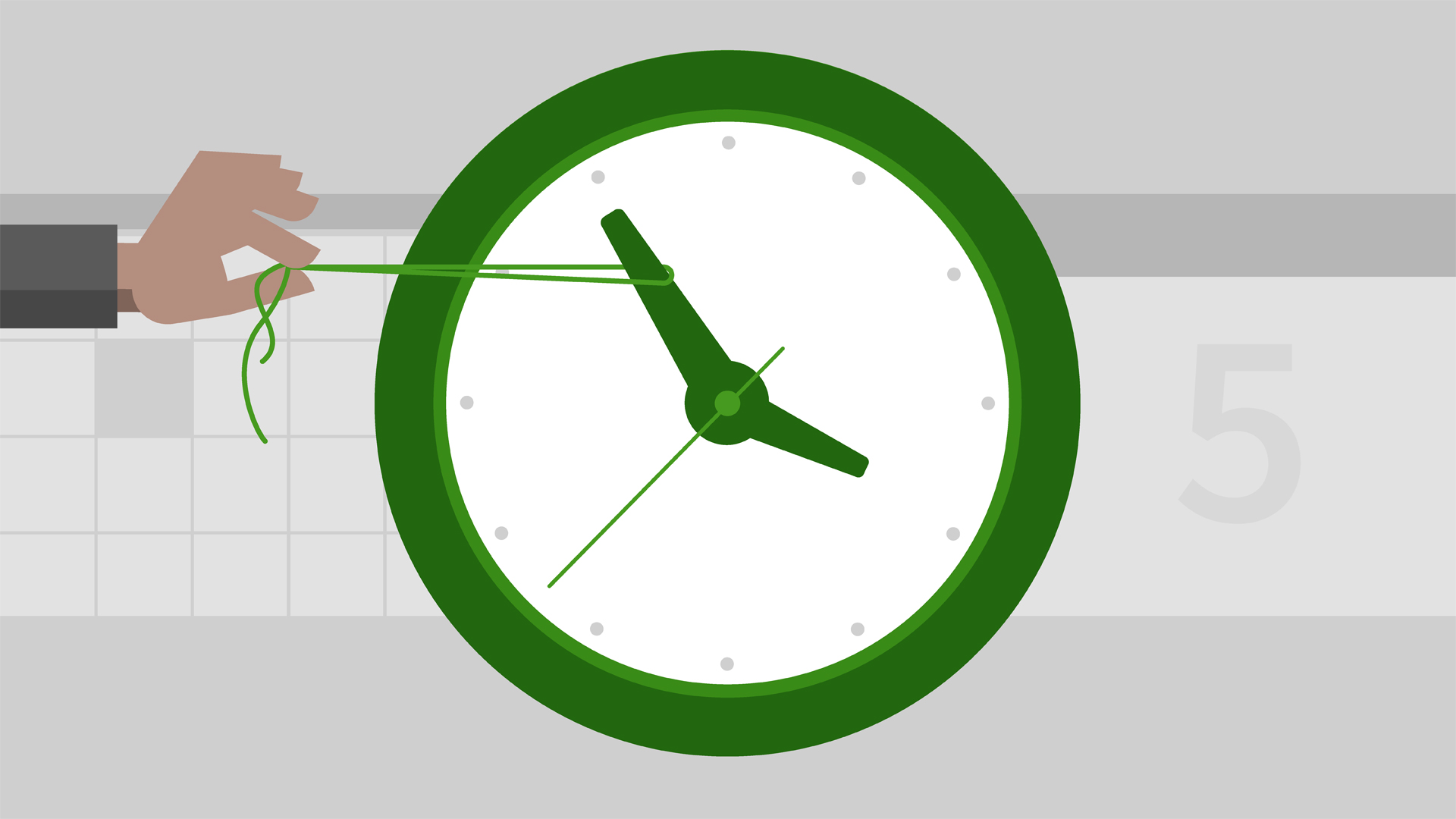
Classes have started back for many, making it a great time to talk about procrastination. Procrastination can cause unnecessary anxiety, so let’s discuss ways to stop the cycle.
First things first, do you really want to change this behavior? Think about what you get out of procrastinating (positive and negative). What happens if you don’t change? Are you okay with that? What will life look like without procrastination? Is that something you want?
Stop making excuses. Yes, that’s easy for me to say, but seriously think about what excuses you have made for procrastinating. My main excuse is that I work better under pressure. While this is true, I have put it to the test and actually completed assignments early and the outcome was the same (I did well)!
Write out a list of what needs to be done. Seeing the tasks on paper can be helpful for prioritizing. I like to write down an approximate time each task will take and then write a number beside the task to indicate what order the tasks should be completed. Buying a calendar with large boxes to write in is also helpful for “to-do” lists. Marking out completed tasks is a great feeling.
Break it up. If you have a task that is going to take a lot of time, space out portions of the task. For example, if you have a big assignment, break it up into sections. Complete each section a little at a time.
Set your timer. Commit to working on a task for one-hour of uninterrupted time (this includes not checking your phone/social media). After an hour, you may feel like continuing your work.
Complete tasks at your most productive time of day. For me, I am more productive after dark. If I try to work on tasks in the early morning, I will not finish my work.
Do something nice for yourself IF you stay on track. We all like to be rewarded, so why not acknowledge your efforts? Write down a list of restaurants you would like to try, places you want to go, or anything that you look forward to. Start with something small and move up to something big once you have mastered time management.
Monitor your progress. Start with a commitment to not procrastinate for one week. At the end of the week, look back and evaluate how well you did and where you can improve. Move into the second week using your strengths and strategies to improve.
I hope these strategies will help you to become more productive (and less stressed). Once you break the procrastination cycle, you will have a sense of control that you may have been missing before.
“If you always do what you’ve always done, you’ll always get what you always got.” – Tony Robbins

